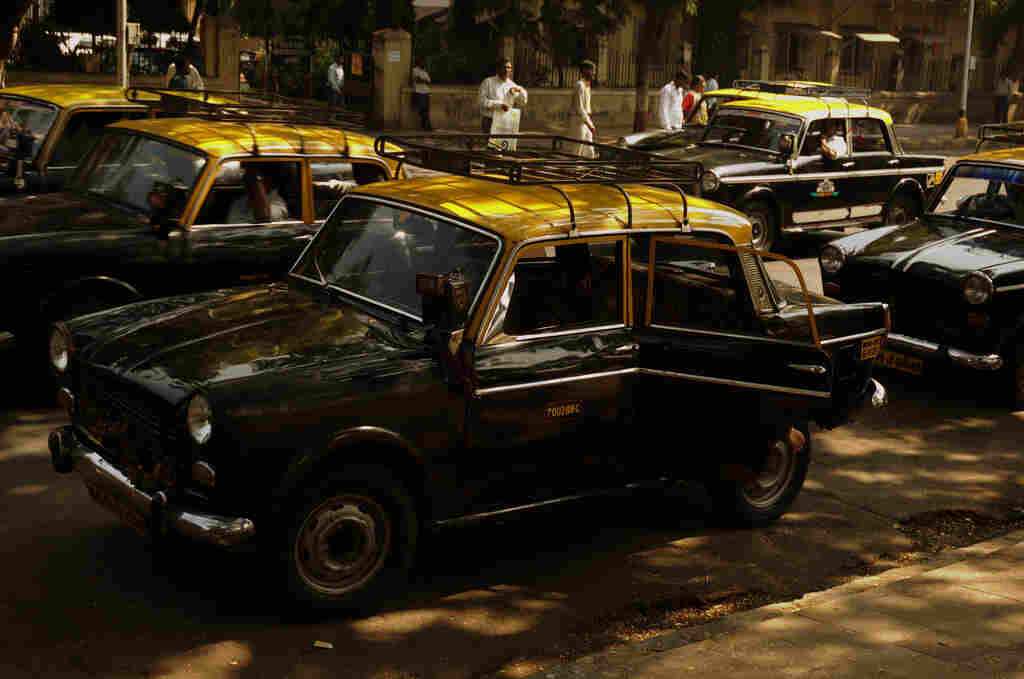Is Mumbai Going to See Odd-Even Parking Soon?
To solve the omnipresent problem of inadequate and unorganized parking across the city, Mumbai is experimenting with odd-even parking in its commercial areas.
Odd-even parking which has seen implementation in several developed areas such as in the U.S.; is a popular yet widely-debated measure. Mumbai’s traffic police are hopeful that the strategy will help to fix parking woes and to organize the flow of traffic in the city. It is yet to be seen how effective this will be in a large Indian metropolitan city such as Mumbai.
Mumbai’s Parking Woes
Public parking spaces in densely populated Indian cities are generally a mess. With inadequate parking spaces, motorists end up parking illegally and haphazardly, leaving other drivers vulnerable to accidents. Moreover, the congestion caused by improper parking is one of the biggest reasons for traffic jams, increasing carbon emissions, air pollution, and noise pollution from the incessant honking. Pedestrians find their walking space occupied by improperly parked cars.
For a long time in the city, parking management hasn’t been given due attention. With more than 1.5 lakh parking violations every year, Mumbai is seeking to lessen the adverse impact by implementing the odd-even parking system in congested market areas. Instances of double parking and permanent parking by shop owners have plagued the city for a long time now, jamming streets and consequently hurting businesses by discouraging travel to such areas. Many busy market areas in Mumbai remain choked throughout the day by the presence of vehicles, shopkeepers, hawkers, and pedestrians. With a shortage of traffic police officers and no parking officers to enforce rules, the odd-even scheme has been introduced to decongest areas and facilitate smooth traffic conditions.
Odd-Even Parking as a Possible Solution
Under the odd-even parking plan, vehicles are allowed to park on only one side of a road, depending on if it is an odd or even-numbered day of the month. Such restrictions aim to ensure people follow parking regulations and do not further congest already cluttered roads due to illegal parking practices. Violating vehicles are either fined or towed away. Many cities in India such as Chandigarh, Bangalore, and Patna have adopted this system to regulate traffic flow and curb parking woes for commuters.
However, the system has faced some challenges. Many shopkeepers express discomfort with such policies as they affect business when customers find it difficult to access shops. Moreover, some smart motorists get away by simply paying a fine.
In August this year, the first pilot project went live in Kalbadevi and Pydhonie districts in Mumbai (June alone saw 10,000 parking violations being recorded at the Kalbadevi traffic circle). The city is now launching the scheme in different areas. Traffic authorities will also collaborate with municipal ward officers and the local police to implement the scheme.
Also read: How Goa is Adopting Smart Parking
With these new implementations, the authorities express optimism about ushering in an era of change. However, citizens remain skeptical with critiques of the general population’s disregard for traffic rules. Many assert that it is commonplace for car drivers to blatantly neglect basic road discipline and traffic regulations, believing that this shiny new policy may not prove to be effective. In tandem with smart parking solutions, the idea of odd-even parking serves as a practical solution, effectively discouraging vehicles that are parked for more than one day. Ultimately, this will improve traffic management and help in eliminating the menace of inadequate parking.

